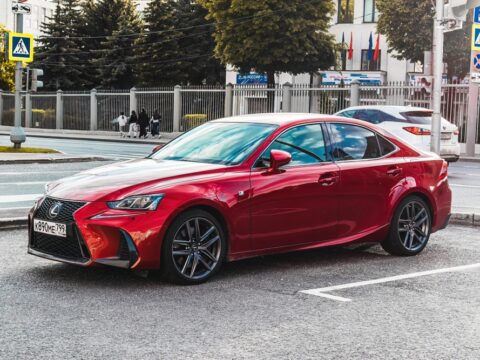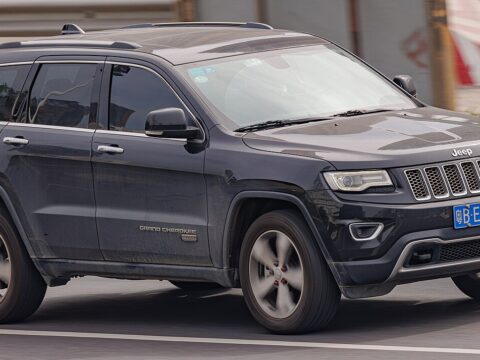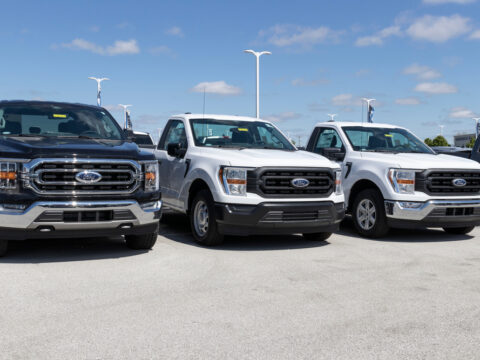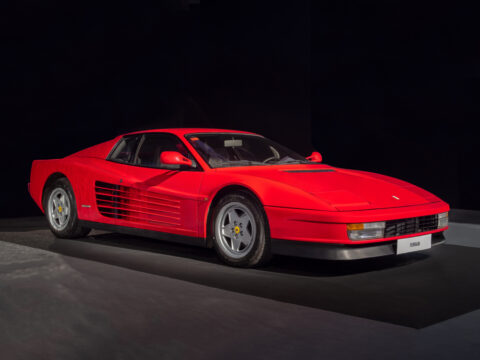The automotive world has seen many brands rise to fame, only to disappear over time. From luxury marques to innovative pioneers, these companies once dominated the roads and captured the hearts of car enthusiasts. In this article, we’ll explore 25 iconic car brands that have vanished from the market, leaving behind a legacy of memorable vehicles and a rich history in the world of automobiles.
Contents
Studebaker
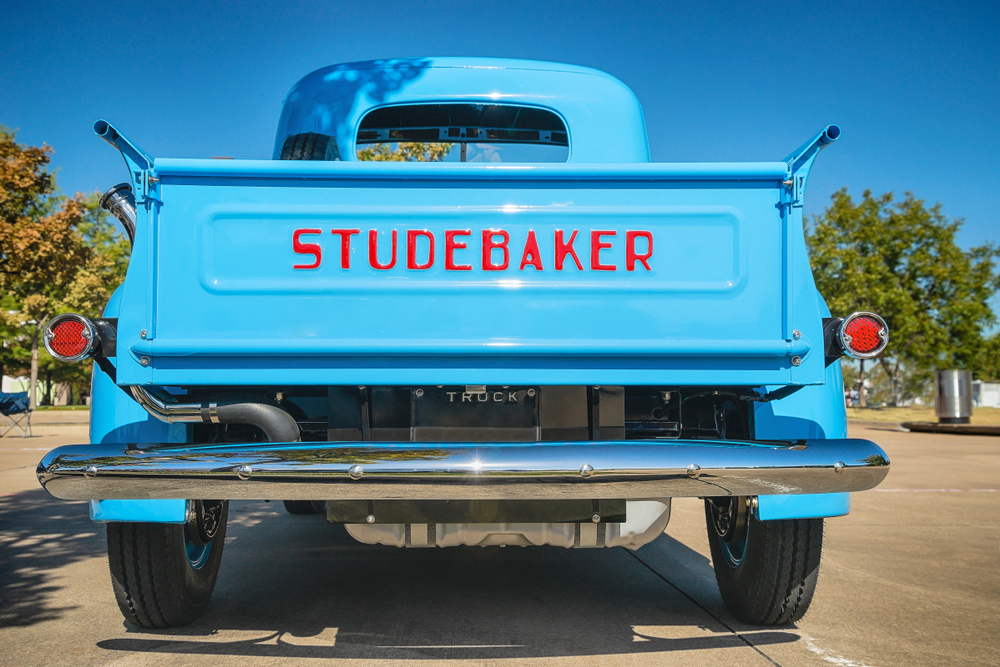
Image Editorial Credit: Shutterstock.com
Studebaker, founded in 1852, transitioned from wagons to automobiles in the early 20th century. Known for innovative designs like the bullet-nose models of the 1950s, Studebaker offered stylish, reliable vehicles that were ahead of their time. Financial struggles and intense competition led to its closure in 1966.
Packard
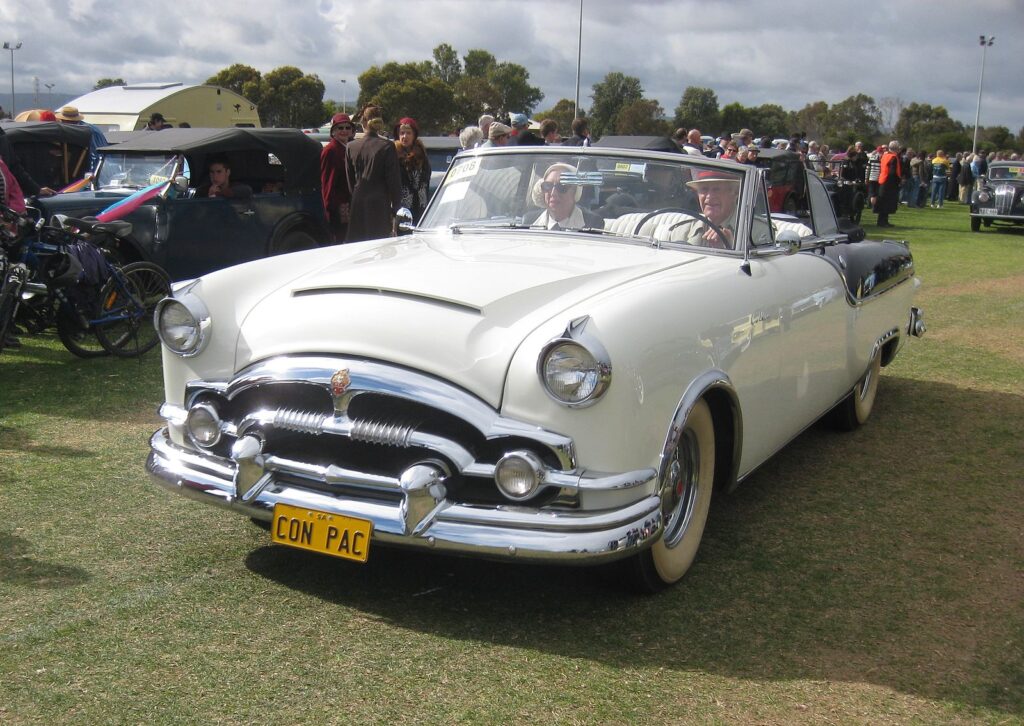
Packard, synonymous with luxury and craftsmanship, produced some of the most opulent vehicles in the early 20th century. Known for the Packard Twelve and its advanced engineering, the brand couldn’t withstand post-war economic challenges and merged with Studebaker, eventually ceasing operations in 1958.
DeSoto
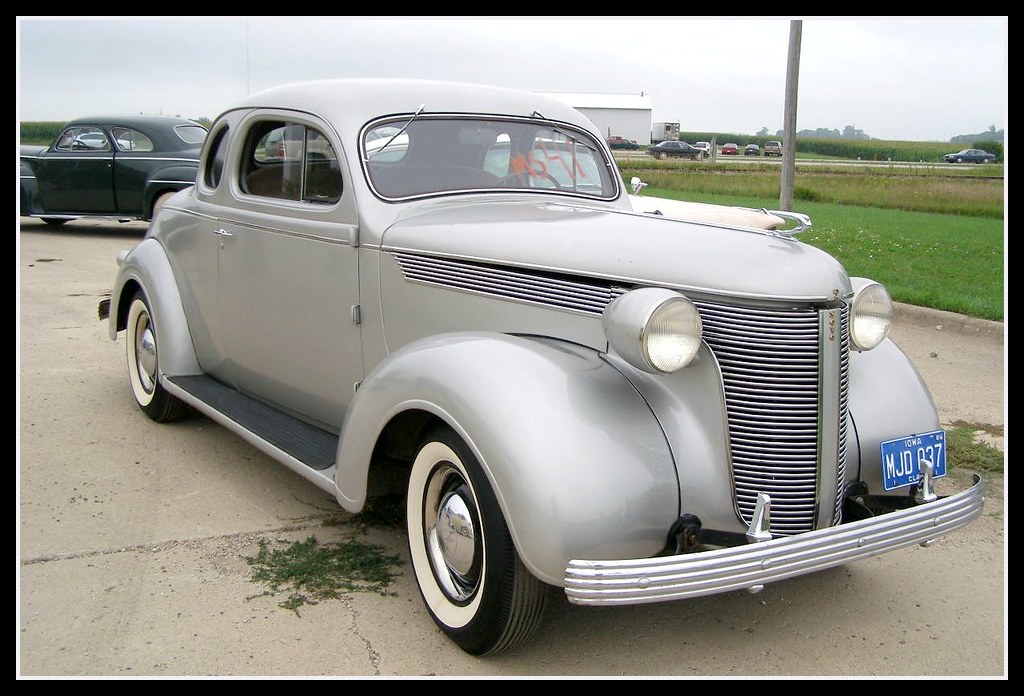
A Chrysler brand established in 1928, DeSoto was celebrated for its stylish and powerful cars like the Fireflite and Adventurer. Despite its popularity, Chrysler discontinued DeSoto in 1961 due to declining sales and market overlap with other Chrysler brands.
Oldsmobile
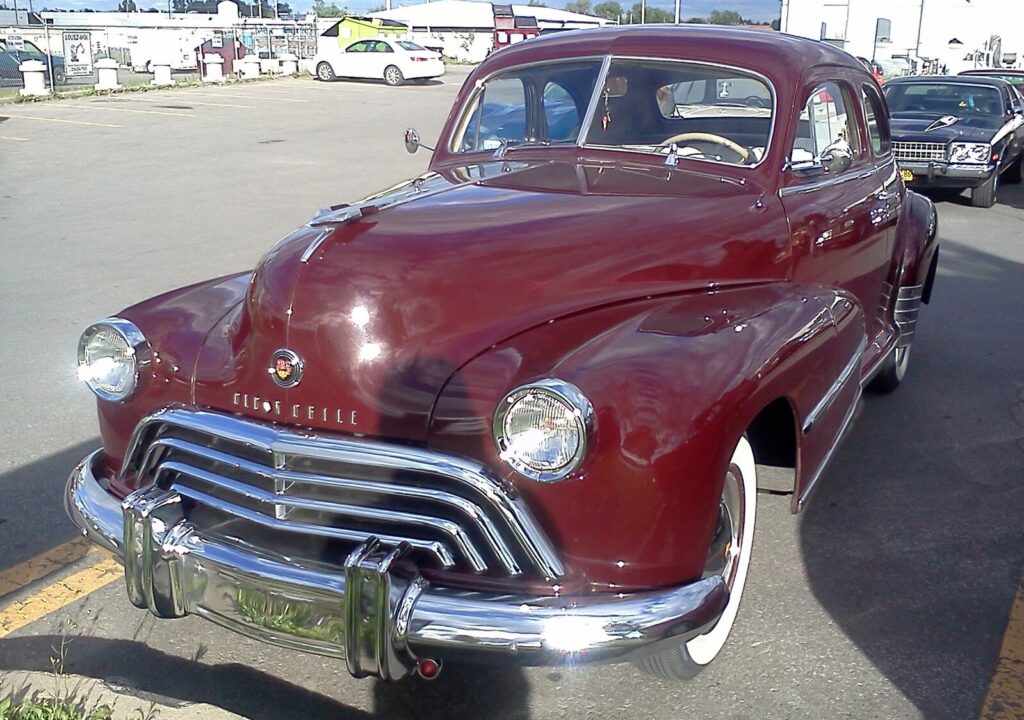
Founded in 1897, Oldsmobile was one of America’s oldest car brands, known for pioneering innovations like the automatic transmission. Models like the Cutlass and 442 became icons. General Motors phased out Oldsmobile in 2004 due to declining sales and market restructuring.
Pontiac
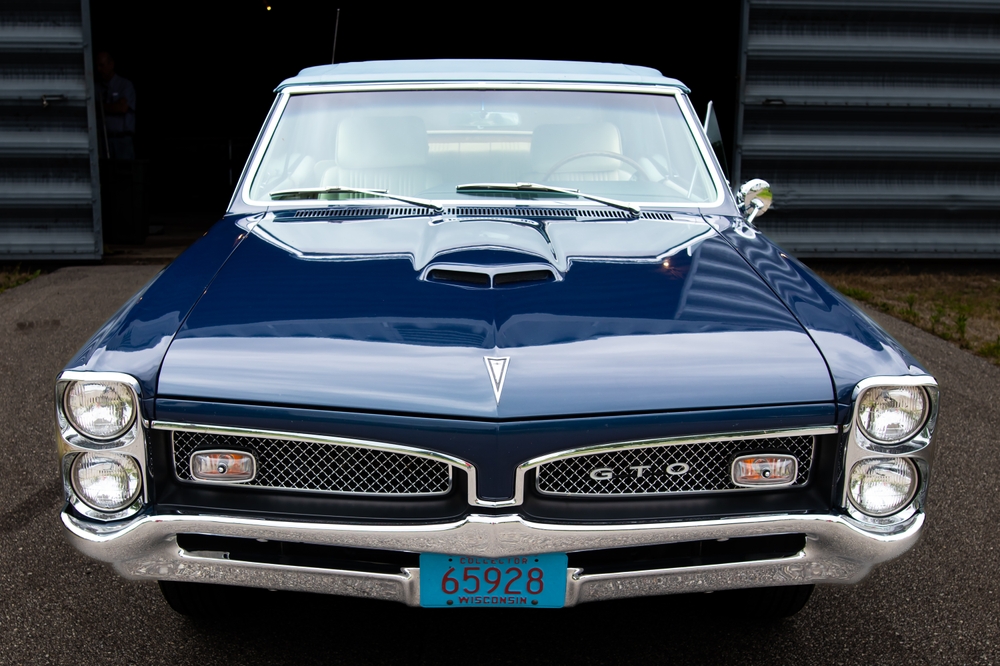
Pontiac, known for its performance-oriented cars like the GTO and Firebird, was a beloved brand under General Motors. Despite its popularity, GM discontinued Pontiac in 2010 as part of a broader effort to streamline its brand portfolio during financial difficulties.
Mercury
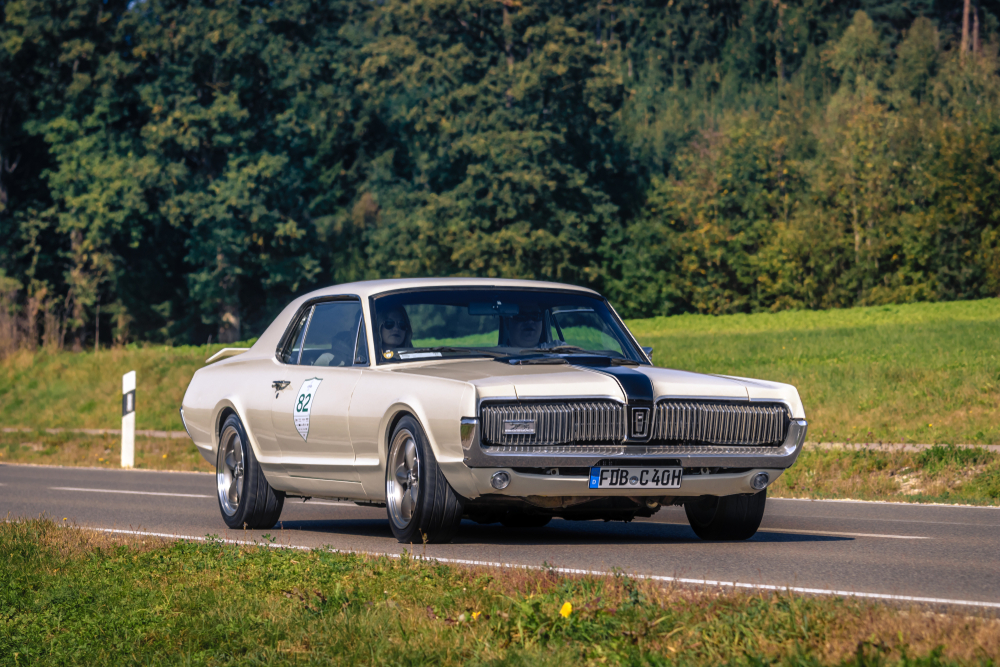
Ford’s mid-range brand, Mercury, bridged the gap between Ford and Lincoln with models like the Cougar and Grand Marquis. Established in 1938, Mercury aimed at a more upscale market but was discontinued in 2010 due to declining sales and market realignment.
Saturn
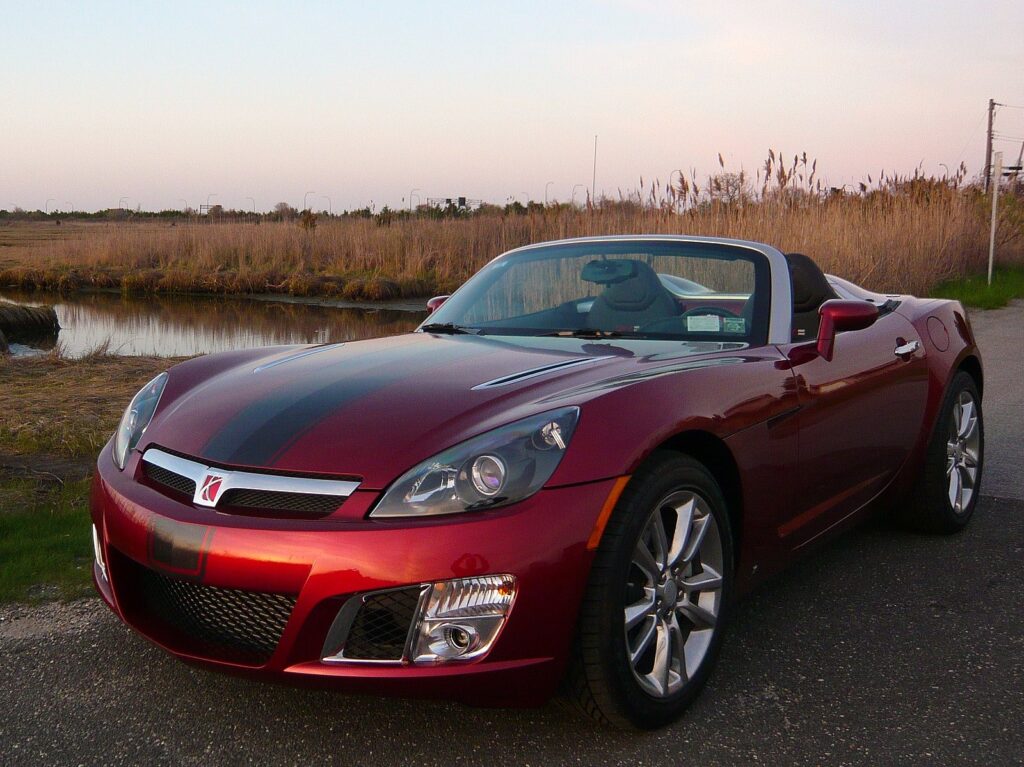
Saturn, launched by General Motors in 1985, was known for its no-haggle pricing and customer-centric approach. Models like the S-Series and Vue gained a loyal following. However, GM ended Saturn in 2010 amid restructuring efforts during the financial crisis.
AMC (American Motors Corporation)
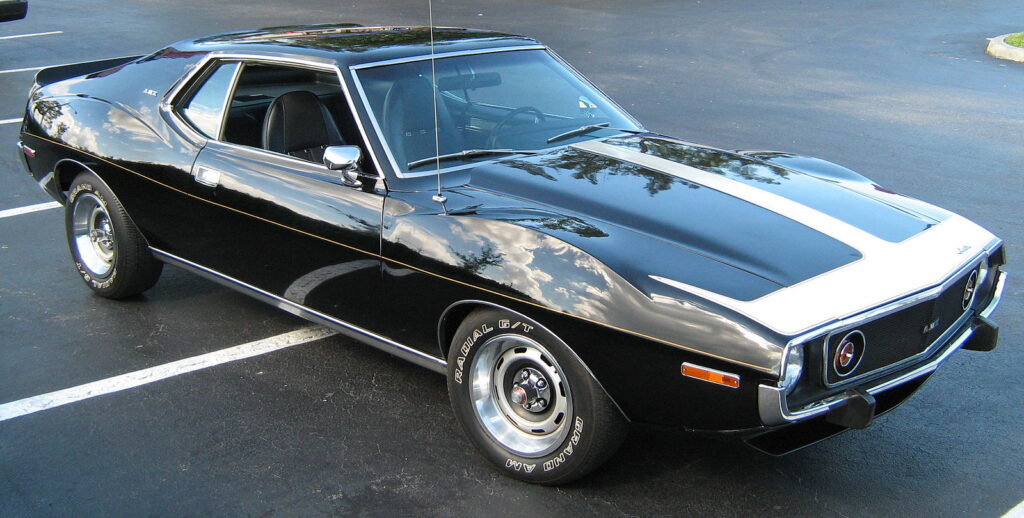
Formed from the merger of Nash and Hudson in 1954, AMC was known for innovative compact cars and the rugged Jeep. Despite successes like the Gremlin and Pacer, AMC was acquired by Chrysler in 1987 and the brand was eventually phased out.
Hupmobile
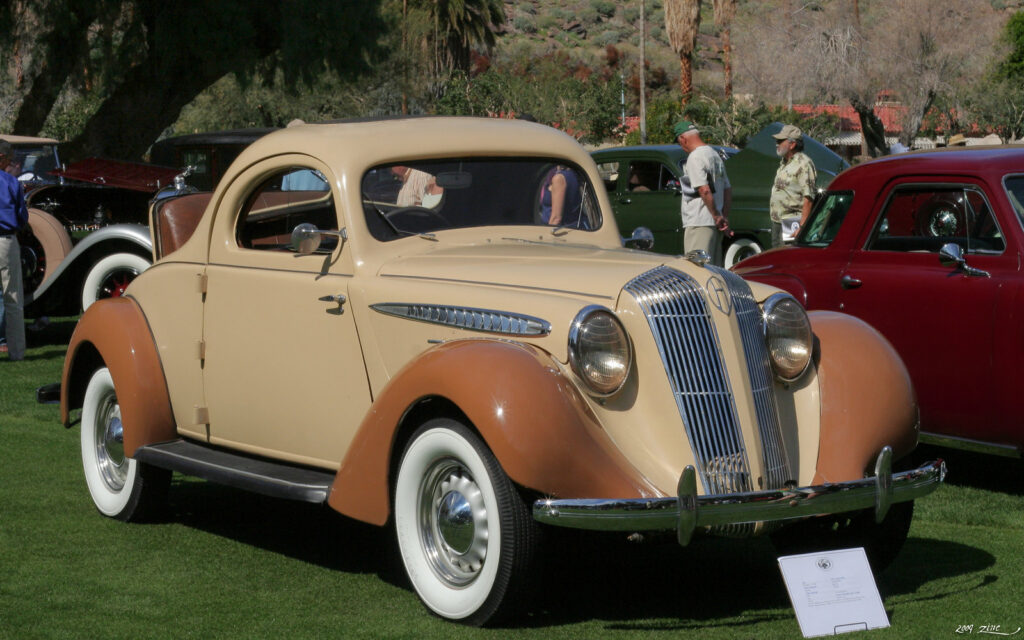
Hupmobile, founded in 1909, gained fame for its affordable, reliable cars. The brand’s popularity peaked in the 1920s but couldn’t survive the Great Depression and competitive pressures, leading to its closure in 1940.
Plymouth

Launched by Chrysler in 1928, Plymouth offered budget-friendly, reliable cars like the Barracuda and Road Runner. Despite its success, Plymouth was discontinued in 2001 as part of Chrysler’s efforts to focus on its other brands.
Duesenberg
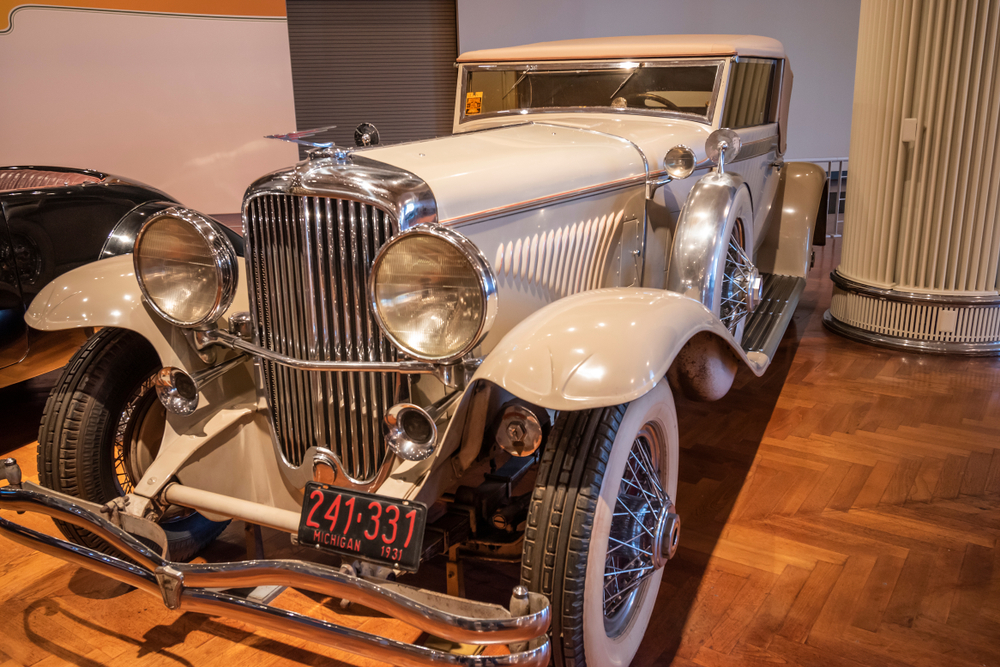
Duesenberg, established in 1920, was the epitome of luxury and performance, producing some of the most advanced and elegant cars of the era, like the Model J. The Great Depression and high production costs led to its closure in 1937.
Hudson
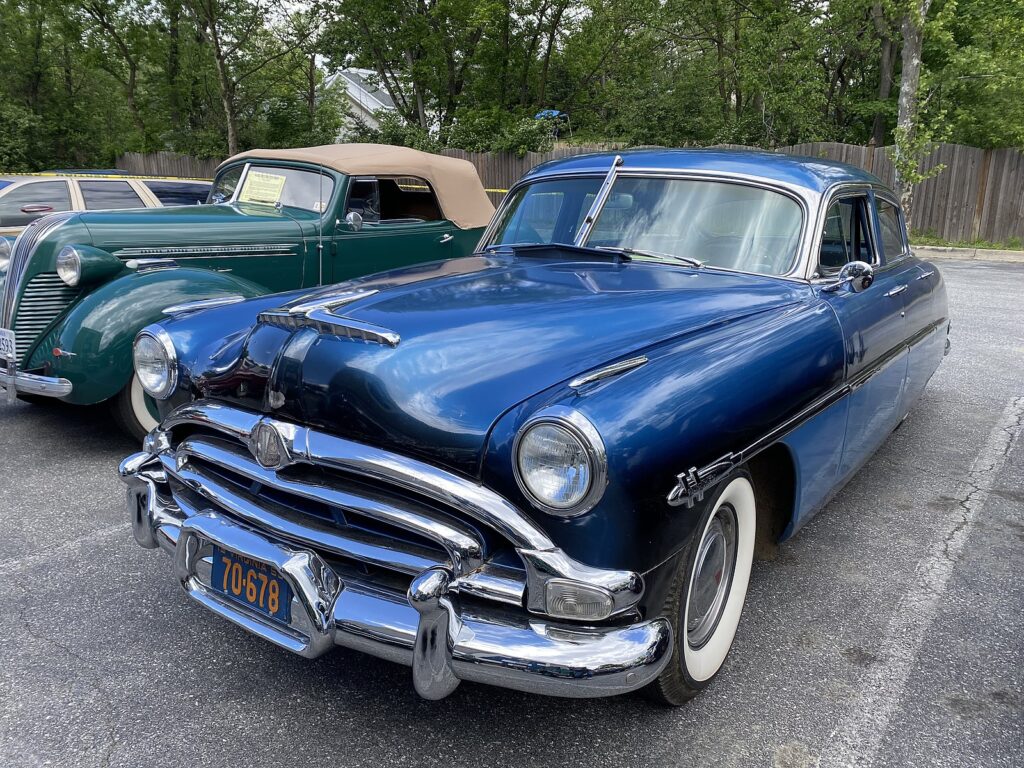
Hudson, known for its innovative designs and engineering feats, produced notable models like the Hornet. Merging with Nash-Kelvinator to form AMC in 1954, Hudson’s brand identity faded as AMC focused on its own lineup.
Nash
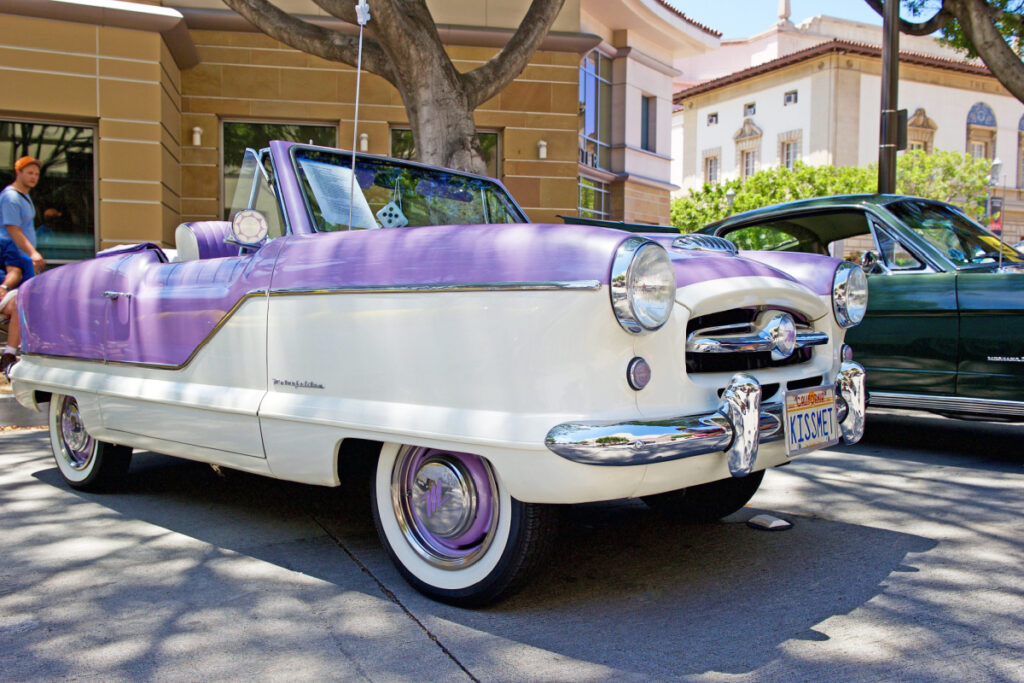
Nash, famous for compact cars and early adoption of unitary construction, merged with Hudson to create AMC in 1954. The brand was known for models like the Nash Metropolitan before being absorbed and phased out by AMC.
Kaiser
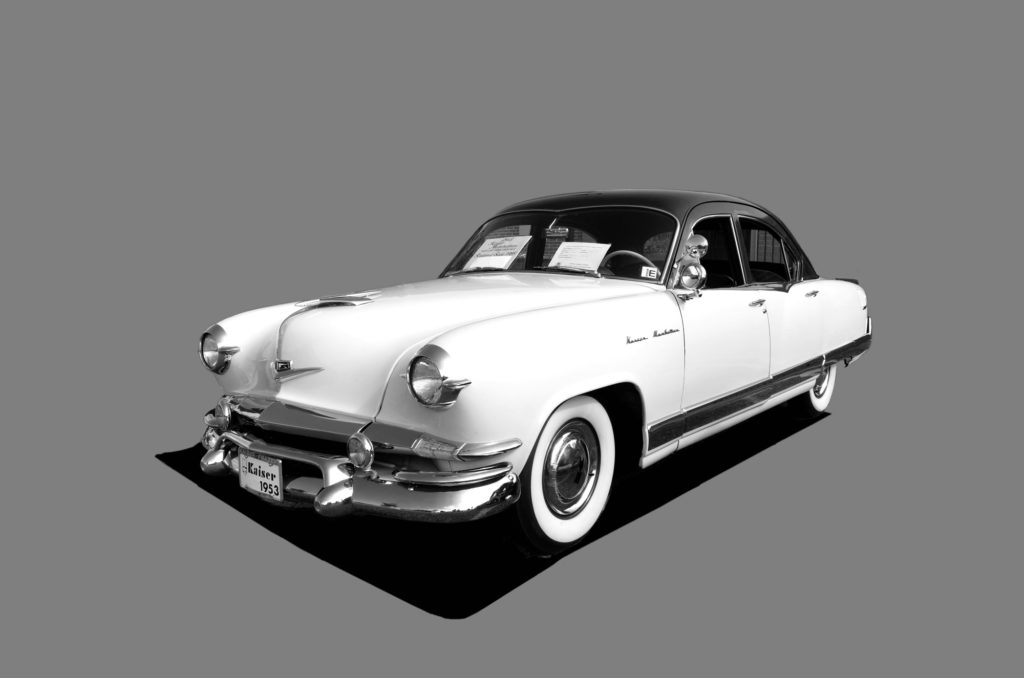
Kaiser, which emerged post-WWII, was known for its stylish and innovative cars, including the fiberglass-bodied Kaiser Darrin. Merging with Willys-Overland in 1953, Kaiser’s passenger car production ended in the mid-1950s.
Tucker
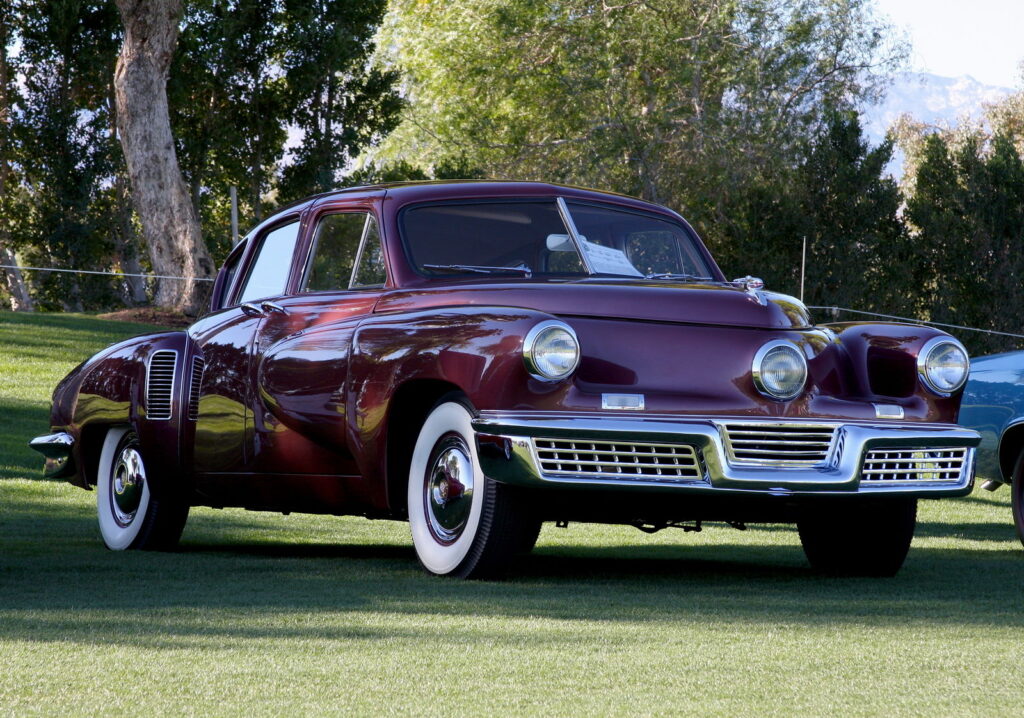
Tucker is legendary for the Tucker 48, a car with revolutionary safety features and a rear-mounted engine. Despite its innovative design, only 51 cars were produced before the company faced legal and financial troubles, leading to its closure in 1949.
Cord
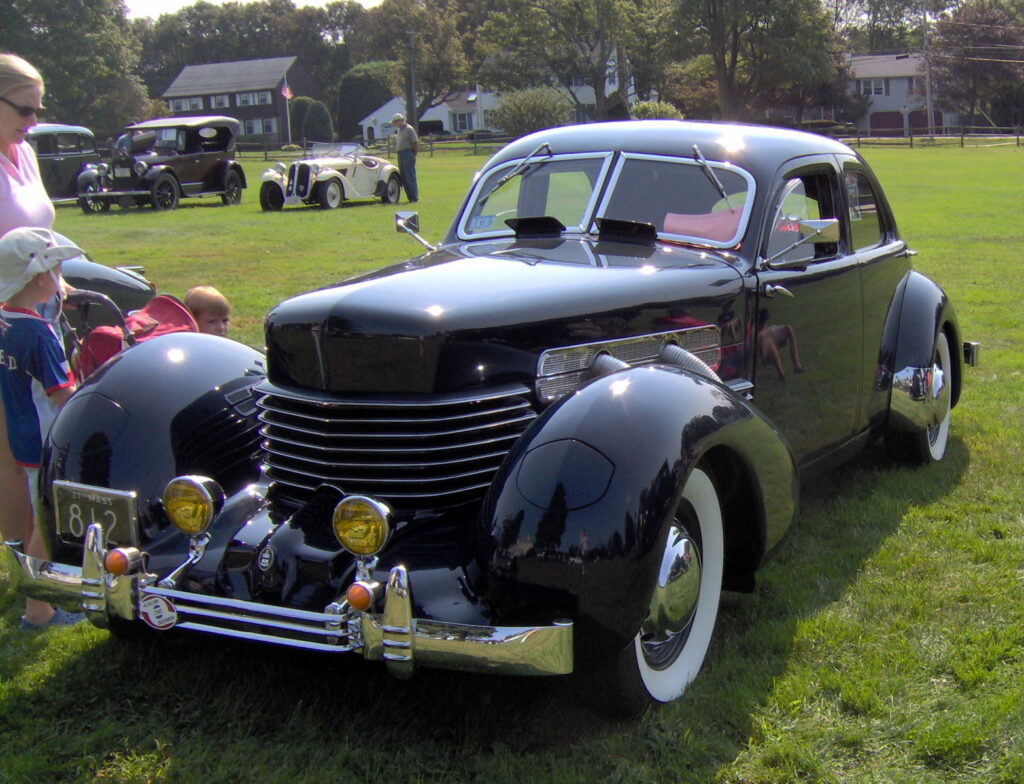
Cord, known for its visually striking and technologically advanced cars like the Cord 810 with front-wheel drive and hidden headlights, ceased operations in 1937 due to financial difficulties.
LaSalle
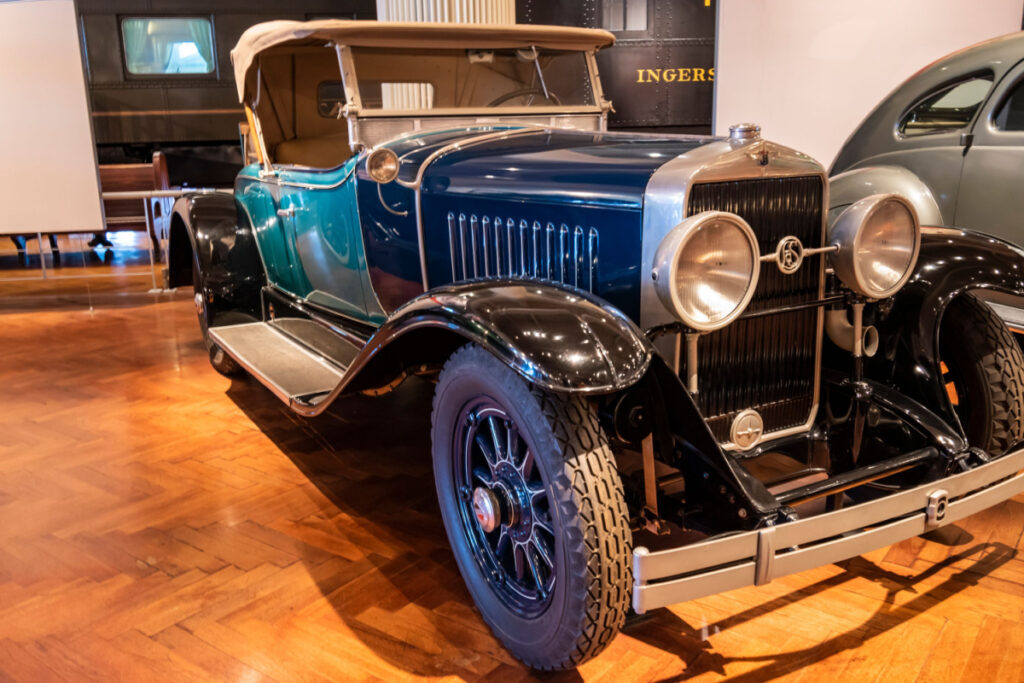
A Cadillac companion brand, LaSalle offered luxury vehicles at a slightly lower price point. Known for elegant designs by Harley Earl, LaSalle was discontinued by General Motors in 1940 to streamline its offerings.
Edsel
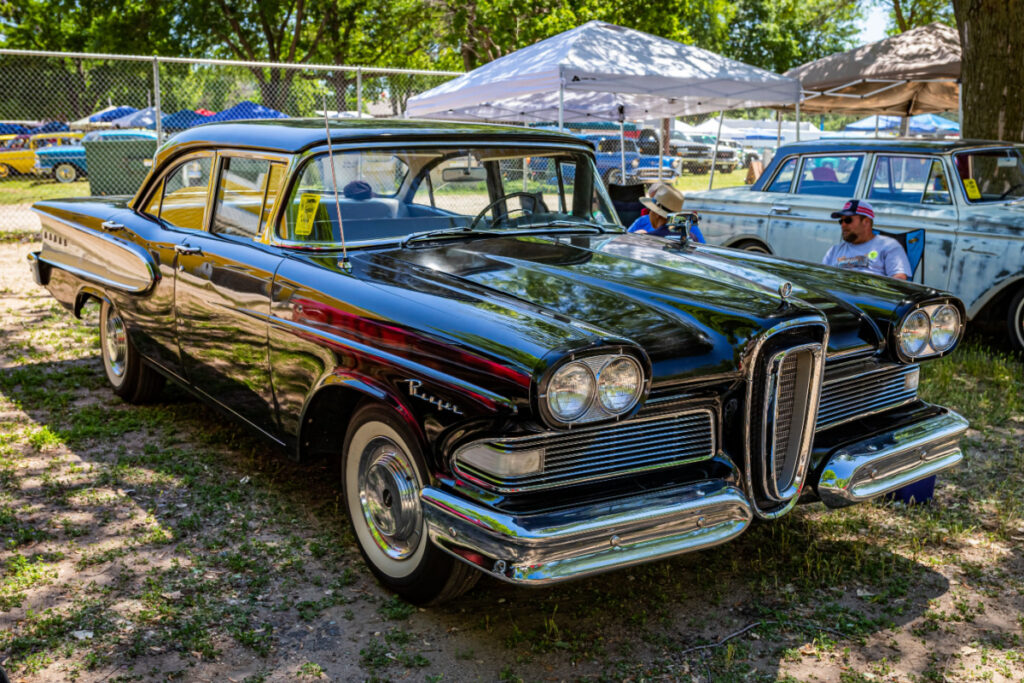
Launched by Ford in 1958, Edsel was aimed at filling a market gap but became famous for its marketing and design missteps. The brand was discontinued in 1960 after only three model years due to poor sales and negative public perception.
Auburn
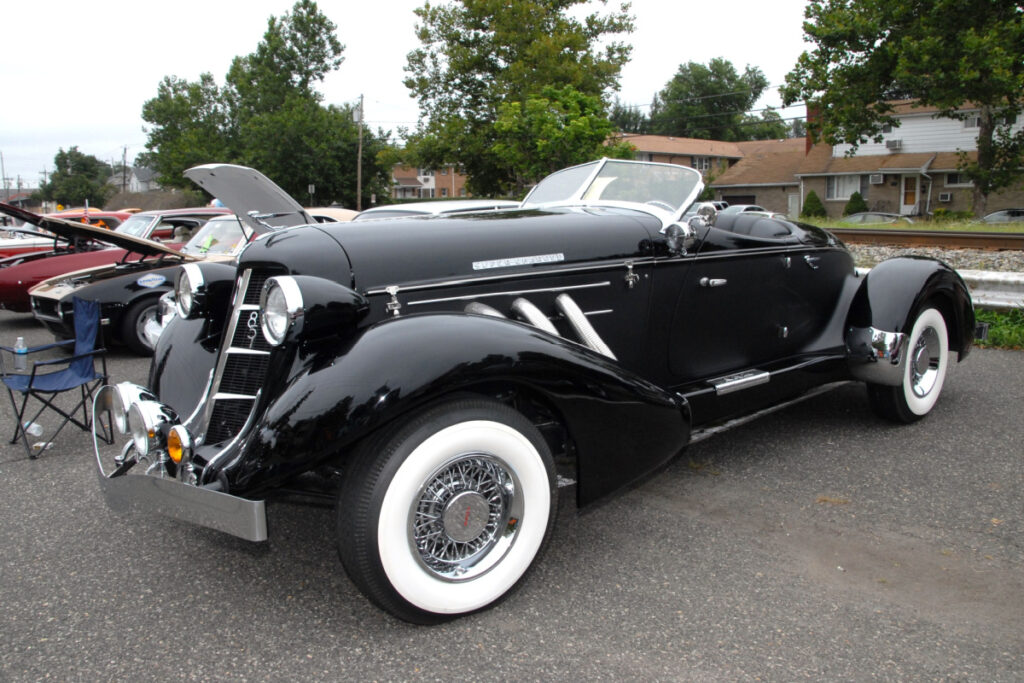
Auburn produced elegant and high-performance cars in the 1920s and 1930s, including the Speedster. The Great Depression severely impacted sales, leading to Auburn’s closure in 1937.
Willys
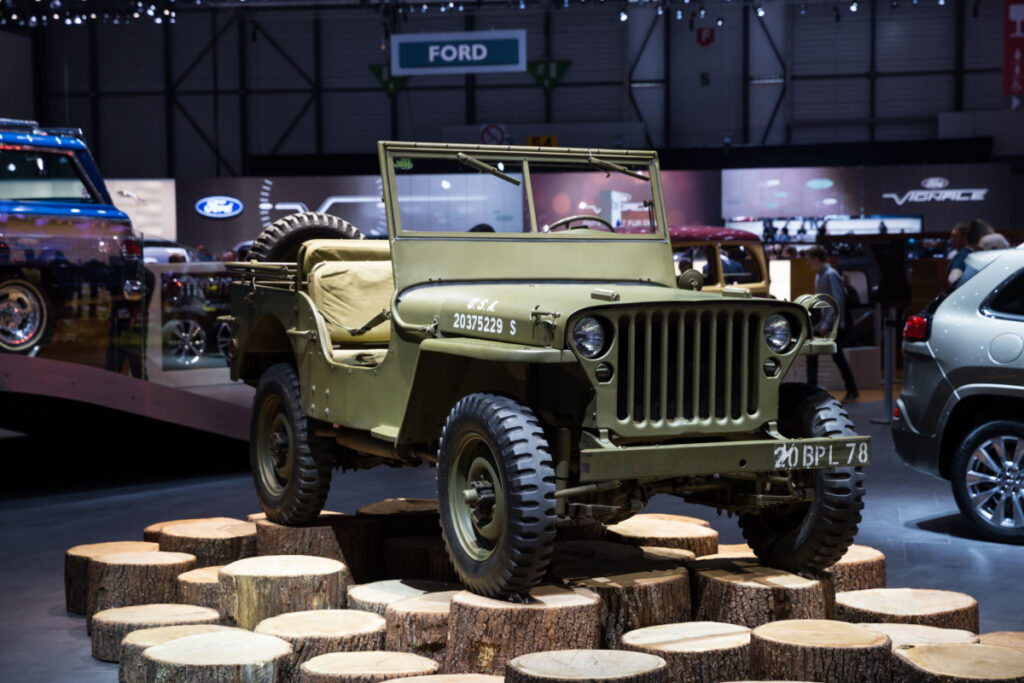
Best known for producing the original Jeep during WWII, Willys played a crucial role in automotive and military history. Merging into Kaiser Motors, the Willys brand eventually disappeared as Jeep became its own identity.
Panther
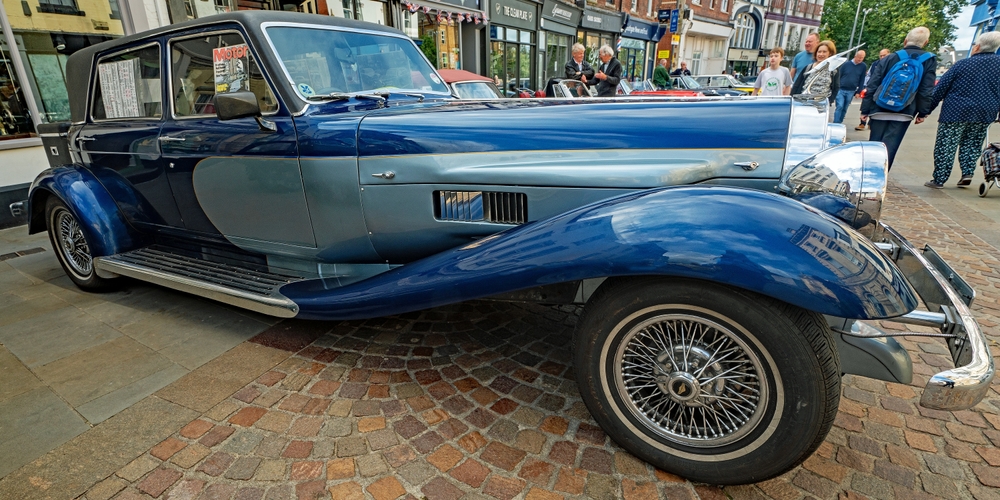
Panther Westwinds, known for luxury and performance cars like the Panther De Ville, struggled financially and ceased production in the early 1980s despite its unique and opulent designs.
Triumph
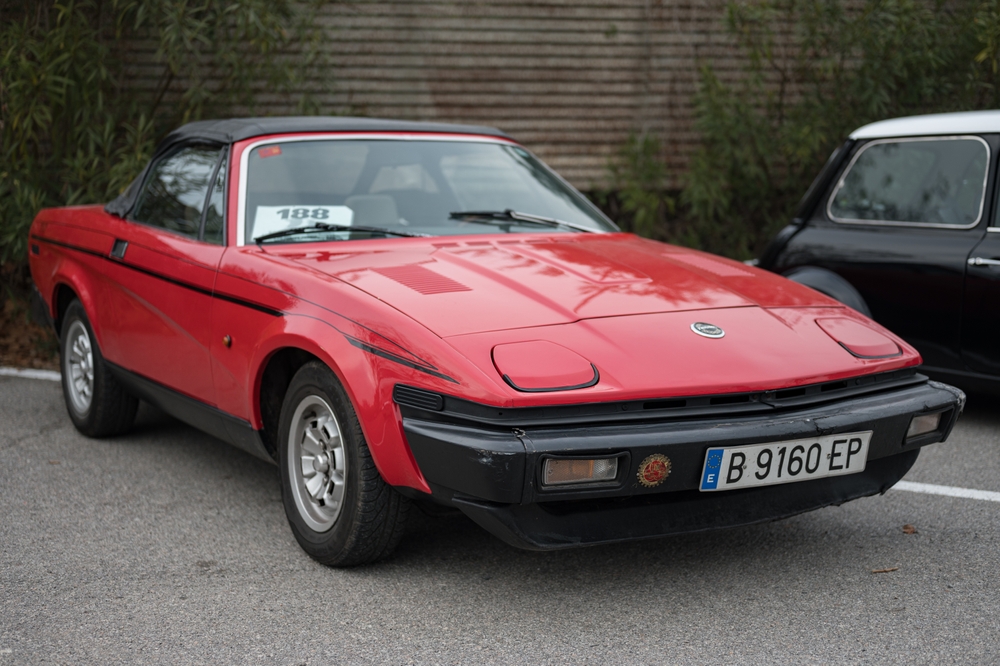
A British marque, Triumph was famous for its sports cars like the TR series. The car division was merged into British Leyland and phased out in the early 1980s due to financial difficulties and industrial strife.
Saab
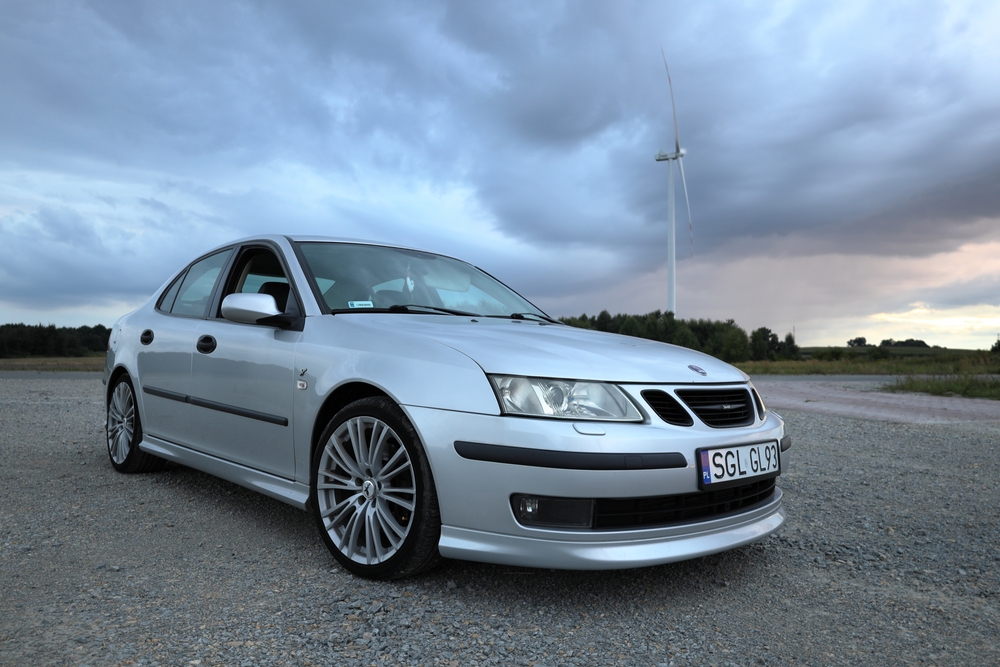
Saab, originally an aircraft manufacturer, became known for its quirky, safety-focused cars like the 900 and 9-3. Financial troubles led to its sale to General Motors, and eventually, Saab was discontinued in 2011.
Rambler
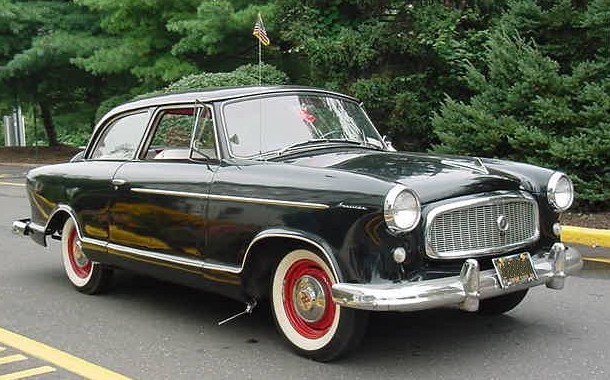
Initially a model under Nash, Rambler became its own brand known for compact, economical cars. It was absorbed into AMC in the 1960s, which eventually phased out the Rambler nameplate.
Datsun

Datsun gained international fame in the 1970s for its affordable and reliable cars, including the 240Z sports car. Rebranded as Nissan in the 1980s, Datsun was later revived as a budget brand in select markets but retains its iconic legacy.
This article originally appeared in MyCarMakesNoise.
More from MyCarMakesNoise
20 Affordable Off-Roaders That Can Conquer Any Terrain

You don’t have to break the bank to get a capable off-roader. Many affordable vehicles offer excellent off-road performance and can tackle challenging terrains with ease. Read More
10 Reasons the Dodge Charger Stands Out in Automotive History

The Dodge Charger is an emblem of American muscle and has cemented its place in automotive history. With its aggressive styling, formidable powertrains, and cinematic appearances, the Charger captured the hearts of car enthusiasts and the general public alike. Read More
10 SUVs with Outstanding Safety Ratings

When it comes to choosing a new SUV, safety ranks high on the list of priorities for many drivers. Whether ferrying loved ones, commuting to work, or embarking on road trips, knowing your vehicle is equipped with top-of-the-line safety features offers invaluable peace of mind. Read More

